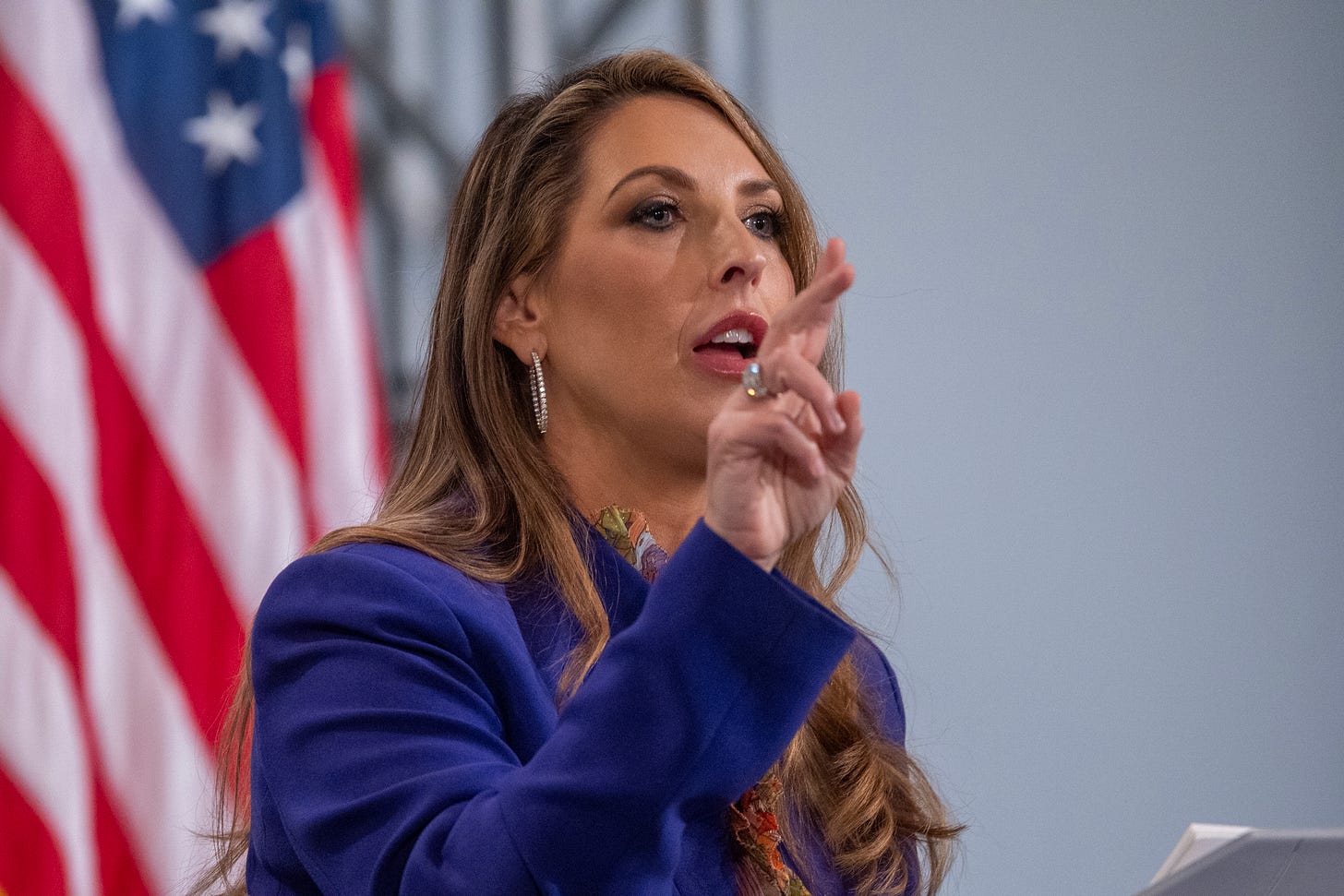Media Criticism Isn't Politics
Everyone’s favorite online pastime accomplishes much less than most people realize

I remained largely silent through the conflagration that convulsed online debate a little over week ago—the one surrounding Donald Trump’s use of the word “bloodbath” in remarks at a campaign rally.
Aside from retweeting a few things on Twitter/X that passed by in my timeline, I didn’t weigh in with any original thoughts on the controversy until Mona Charen asked for my opinion on the “Beg to Differ” podcast late in the week. The other regular panelists (Linda Chavez and Bill Galston) had already offered their two cents, as had our guest (political scientist Nicholas Grossman). But then it was my turn: Did I think Trump was predicting and even encouraging civil violence in the event that he loses the upcoming presidential election? Or was the media misinterpreting a much narrower and more metaphorical deployment of the word “bloodbath”? And would that misconstrual backfire by empowering Trump?
I suspect my weariness in formulating a response was palpable to listeners. Yes, what Trump said was bad. Yes, some people commenting about the statement exaggerated its badness, whether out of ignorance (as a result of sharing alarmist accounts of the remarks without first listening to them for context) or out of a conviction that anything that promises to make Trump look bad is automatically good.
But I also thought thousands of people spending 48 or more hours arguing about the story was ill-advised. We’ve been here before and we’re bound to be back again: Mistaking an online fight about “Trump and the Media” among maximally informed professional and amateur pundits for a decisively important act of political engagement, as if the 2024 election would be won or lost based on the potency of a tweet-length missive devoted to media criticism.
Next Up: The Ronna McDaniel Brouhaha
As if to mock my expression of disinterest in spending the next eight months arguing about how the media covers Trump, lots of journalists and intensely focused observers of the political scene spent this past weekend arguing about the Latest Media Scandal, which is the decision of NBC News to hire former RNC Chair Ronna McDaniel as a paid contributor. The brouhaha continued even after McDaniel’s Sunday morning appearance on Meet the Press, where she demonstrated that she won’t be using her new position to spread the most egregious Trumpist lies. That’s right: McDaniel admits that Joe Biden actually won the 2020 election and is the legitimate President of the United States.
That’s good. But then why do so many continue to insist that hiring her was a grave error—and indeed, just the latest in a long line of them stretching back to Trump’s first campaign for president? Because these critics very passionately believe that electoral success or failure is largely a function of who the media “platforms” and what those people say when their unfiltered voices are amplified by news organizations.
My own view is somewhat different.
Keep reading with a 7-day free trial
Subscribe to Notes from the Middleground to keep reading this post and get 7 days of free access to the full post archives.




